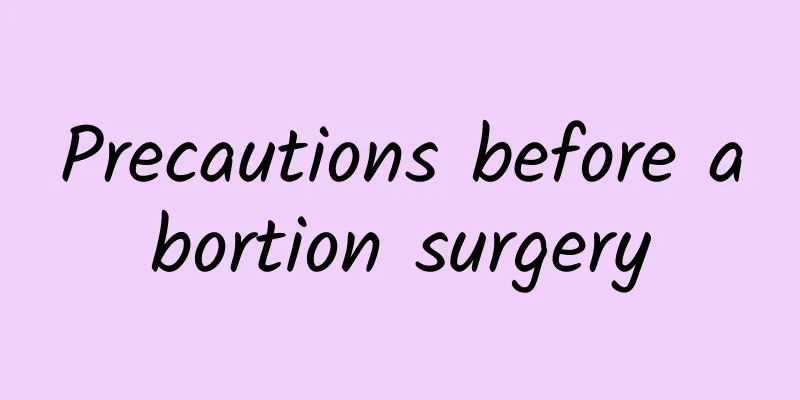Gastrointestinal vomiting and fainting

|
Gastrointestinal vomiting and fainting are most likely caused by acute gastroenteritis. The symptoms of this gastrointestinal disease are very acute, and some patients may faint. We need to understand the symptoms of acute gastroenteritis and make a comprehensive judgment based on other physical symptoms to determine whether we have this disease. Let’s take a look at the situation of acute gastroenteritis. Mild diarrhea caused by acute gastroenteritis is generally in good condition, with less than 10 bowel movements a day, which are yellow or yellow-green in color, with a small amount of mucus or white soap blocks, and not much feces. Sometimes the stool is "egg drop soup-like". Acute gastroenteritis can also cause severe diarrhea, with bowel movements several to dozens of times a day. Large amounts of watery stools, small amounts of mucus, nausea and vomiting, loss of appetite, and sometimes vomiting of coffee-like substances. If hypokalemia occurs, there may be abdominal distension and symptoms of systemic poisoning; such as irregular low or high fever, irritability and then lack of energy, blurred consciousness, and even coma. treat 1. General treatment Rest in bed as much as possible. If the condition is mild, take glucose-electrolyte solution orally to replenish the loss of body fluids. If vomiting persists or dehydration is obvious, intravenous supplementation of 5%-10% glucose saline and other relevant electrolytes is required. Encourage intake of light liquids or semi-liquid foods to prevent dehydration or treat mild dehydration. 2. Symptomatic treatment If necessary, antiemetics and antispasmodics can be injected, such as belladonna, 3 times a day. Antidiarrheal drugs: such as Smecta, 2 to 3 times a day. 3. Antimicrobial treatment The role of antibiotics in the treatment of this disease is controversial. For infectious diarrhea, targeted antibiotics can be appropriately selected. But abuse should be prevented. prevention Strictly controlling food hygiene is the key to preventing this disease. Maintaining good diet, drinking water hygiene and feces management, and vigorously eliminating flies are fundamental measures to prevent the disease. Keep raw and cooked food separate in the refrigerator, and cook them thoroughly before eating. Washing hands before meals and after defecation, disinfecting vegetables and fruits before eating raw, and choosing clean and hygienic restaurants when going on vacation are all effective preventive measures that should be taken. |
<<: Symptoms of stomach fire and cold
>>: How long does it take for gastroenteritis to heal?
Recommend
Causes and symptoms of leg pain in the elderly
When people reach old age, their physical fitness...
Can I eat apples if I have kidney stones?
Kidney stones are a very common disease in daily ...
What is the fastest cure for tinea pedis? Chinese medicine prescriptions for treating serious diseases
Tinea pedis is an extremely common skin disease. ...
Symptoms of Parkinson's disease
Parkinson's disease is a degenerative disease...
Symptoms of hernia in women, treatment methods for hernia in women
For female friends, once they find that they have...
Low platelets with bleeding symptoms
Low platelet count is an important cause of bleed...
Abnormal blood viscosity
When people reach a certain age, many diseases be...
Is acute urticaria contagious?
Urticaria is a very common disease, which is gene...
Why do I sweat when I sit still?
The main reason for sweating while sitting still ...
Tooth root itching solution
After getting angry, many people always feel that...
My stomach hurts, what's going on?
The abdomen is a very important part for us. It c...
A crooked mouth is mostly caused by facial paralysis. Care and prevention of facial paralysis
A crooked mouth is not a common symptom, but once...
Causes of right abdominal pain after drinking
Excessive drinking can cause great harm to people...
What to do if your feet peel?
Many people often encounter the problem of peelin...
What to do if corns grow on your feet? There are some tips for treating corns
It is not uncommon to have corns. If we want to t...









